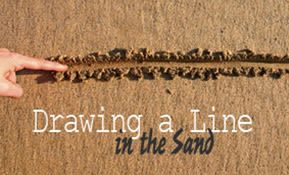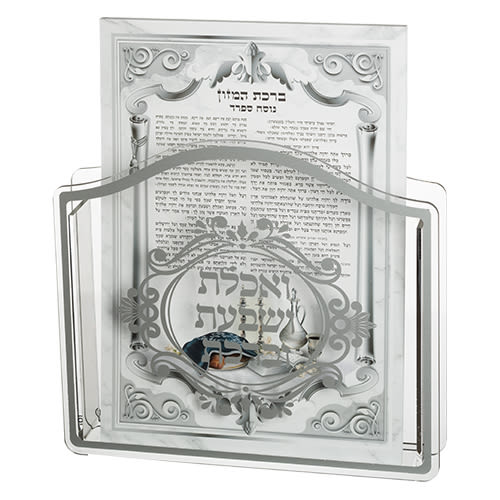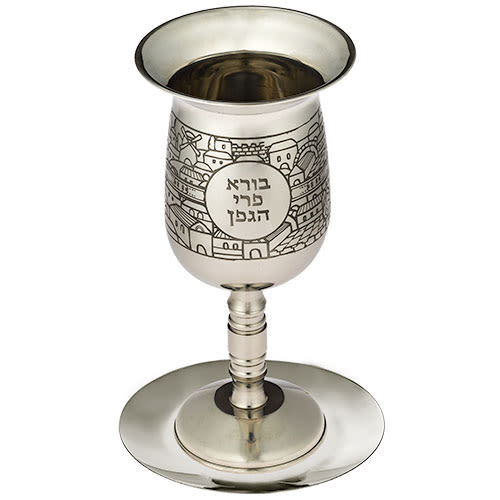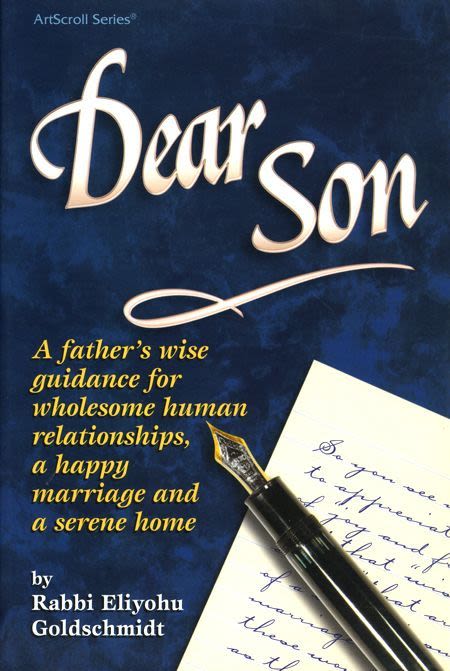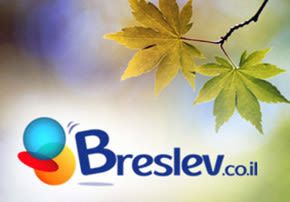
Va’eira: The Grounds for a Perfect Relationship
A lot of Jews ask themselves, "What is Judaism? Is it a people or a religion? Is it a reason to schlep to synagogue twice a year?

A lot of Jews ask themselves, "What is Judaism? Is it a people or a religion? Is it a reason to schlep to synagogue twice a year? Perhaps it's a license to use Yiddish words and buy bagels on Sunday morning."
The dictionary defines Judaism as "a religion developed among the ancient Hebrews and characterized by belief in one transcendent God." Tragically, many Jews accept this as the definition of their religion. Yet, upon careful examination, it becomes evident that this definition is the antithesis of Judaism. It is similar to defining an apple as a round, orange fruit with a peel.
While growing up, I had difficulty defining Judaism – both for myself and for the outside world. Sure, I was enrolled in Jewish classes until I graduated high school. But like the thousands, perhaps millions, of Jewish children growing up in America, I was not taught to think critically or objectively. At some points in my life, Judaism meant little more to me than lighting candles on Hanukkah or going to services Friday night. When asked what it meant to be Jewish, the best I could do was rattle off something that sounded like the definition above. I had no idea that the Torah's definition of Judaism was so radical and earth shattering that it challenges the credibility of the most established dictionaries.
This week's Torah portion captures the essence of our religion. Before sending Moshe to redeem the Jewish people, God explains He will bring the Jewish nation out of Egypt. The Torah reads, "Therefore, say to the Children of Israel, "I am God…I shall take you to Me for a people and I shall be a God to you; and you shall know that I am the Lord your God who has taken you out from under the burdens of Egypt. I shall bring you to the land about which I raised My hand to give it to Abraham, Isaac, and Jacob, and I shall give it to you as a heritage – I am God" (Shemot, 6:2-8).
People tend to think that religion is synonymous with blind faith. But there is no element of blind faith in Judaism. The Hebrew word, emuna, commonly translated as "faith" means recognizing that something is true and having the ability to act in a manner that is in keeping with that reality. For example, most people "believe" that the best and most healthy way to lose weight is through diet and exercise, because that fact has been repeatedly proven to be true. So this "belief" is not a matter of faith. Emuna, however, is one step beyond that belief. A person with emuna that diet and exercise are the best way to lose weight will diet and exercise if necessary.
A Marriage Contract
The verse quoted above sounds more like a marriage contract (a ketubah) than a doctrine of religious piety. In a Jewish wedding, the groom promises to "cherish, honor, support and maintain his wife in accordance with the custom of Jewish husbands who cherish, honor, support and maintain their wives faithfully." In the verse, God, as "the groom," promises to cherish and provide for the Jewish people by redeeming us from Egypt and bringing us to Israel. In exchange for His outpouring of loving-kindness and loyalty, we become His people.
With that understanding, we can begin to define Judaism. Rather than a dusty set of ideals that prevents us from enjoying December 25, Judaism is, and always has been, a potentially profound relationship, a marriage, as it were, between the Almighty and his nation.
Rabbi Shimshon Raphael Hirsch explains that Judaism is far more broad and different than the secular conception of religion. He writes "In 'religions,' God has only temples, churches, priesthoods, congregations etc., and people have relationships with kings, presidents, leaders, etc. But here (in Judaism), God established not a Church but a Nation, and a whole national life is to form itself on Him. As a nation, not merely a religion, Israel is His." Our relationship with God should permeate every aspect of our lives, not just Friday night services.
Love Means Giving
How can we make the best of this relationship? Though love does not conquer all, it is a necessary ingredient in any successful relationship. Rabbi Dr. Akiva Tatz often highlights that the Hebrew world for love, ahava, is comprised of letters alef, heh, and vav. These letters can be broken down into two parts: a two-letter root, heh and vav, and the first letter, alef, which is a modifier. The meaning of the two-letter base, heh and vav, is "to give." The letter aleph, which precedes these two letters, comes to modify the meaning of the root word, "give." The meaning of love then, is "I give." Rather than love being the passionate lust as it is often portrayed in Hollywood, the foundation for any real love is selfless giving. The more we give of ourselves, the more in love we feel, and the more love that is fostered. Parents have such a deep love for their children because their love is nurtured entirely out of selfless giving.
Judaism, when viewed as a relationship, provides the individual with endless possibilities for ever increasing joy and benefit. In the same way that joy and fulfillment are the byproducts of a relationship, when the Jewish people invest in their relationship with God, they discover a powerful bond that provides them with tremendous joy and fulfillment. Although this sounds great, many of us are so far removed from this reality that we can't even fathom what we are missing.
Amongst the young adults in America today, many admit to being "burned out" by the dating scene. They're bored by the lack of depth and are searching for something more "real."
Creating a Real Relationship
Many Jews are also burned out in their spirituality. They cannot find the quality experience that makes Judaism seem worth while. Those who are not burning with a spiritual passion should seek a change of environment. I have heard that looking for a girl in a bar isn't the best place to search for your future wife, the woman you'd want to mother your children. They say those types of places do not focus on fostering life-long meaningful relationships founded on mutual respect and admiration. In the same way, many of us have only bumped into Judaism in some smoky bar of detached disenfranchisement in a non-Jewish society. Naturally, we have not been especially turned on by such a mundane experience.
Revisiting our preconceived notions and dashing them against the wall can be a welcome breath of fresh air amongst the smog of mundane spiritual expression. We should try to view Judaism as a relationship that could potentially offer the utmost joy and fulfillment. By learning to draw close and to give of ourselves, we can create a vibrant relationship between ourselves and the Almighty. Deep down, everyone looks for the ultimate relationship. As Jews, we should not look past the fact that the opportunity for that relationship exists at every moment of every day.
By learning to appreciate our heritage and attempting to build ourselves into a person worthy of becoming close to the Almighty, we will become happier and more fulfilled individuals. That is ultimately the purpose of life from a Torah perspective, and Jewish learning gives us all the tools to create the perfect relationship.


